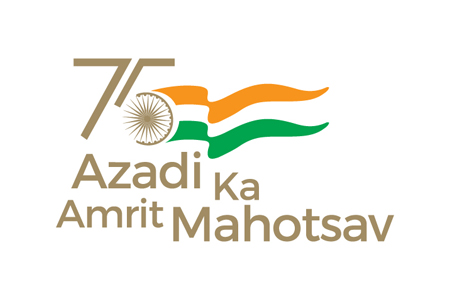Ethics and morals are interwoven
The fundamental of any business firm cannot claim to be ethical firm if it looks at profits and numbers while ignoring the legality and legitimacy. Today, businesses and industries increasingly find themselves facing external pressure to improve their ethical practices. The alert and well informed customers today scrutinize business activities. Pressure groups are a good example of this. They are external stakeholders they focus on activities & fair practice of industries with direct and indirect actions which at times has forced some firms to close down their shutters.
In a recent editorial, the Wall Street Journal announced that ethics courses are useless because ethics can’t be taught. Although few people would turn to the Wall Street Journal as a learned expert on the teaching of ethics raised an objection. But, I am seriously asking: Can ethics be taught?
David Hume (April 1711 – August 1776) was a Scottish Philosopher, historian, economist and author, who is best known even today for his highly significant system of philosophical empiricism, scepticism and naturalism. David Hume worked very hard to create a total naturalistic science of man that examined the psychological basis of human nature against philosophical rationalism. Hume believed that passion rather than reason governs human behaviour. He said that genuine knowledge must either be directly traceable to objects perceived in experience, or result from abstract reasoning. There is a relationship between ideas which are derived from experience, he called the rest “nothing but literalism and illusion”, a dichotomy (a division or contrast between two things that are or are represented as being opposed or entirely different) which later was given the name of Hume’s Fork.
Hume’s fork shows us that we can have only two forms of lawful knowledge; relations of ideas and matters of facts. Matters of fact are source of substantive knowledge, facts that can tell us something new about the world. Knowledge in matters of fact is also a subsequent knowledge that is gained after experience and synthetic knowledge is something new about the world.
Our feelings or sentiments produce our actions, so much so that present actions resemble the past actions. We therefore can conclude that human actions depend on their beliefs which are in customary associations with human feelings. Clearly, rationality has no place in the account of morality. Being rational means acting wisely and efficiently to choose the appropriate means to advance one’s goals. Even though reasoning depends upon ideas and matters of fact, its most dramatic outcomes may come of out of feelings. All human actions flow naturally from human feelings, without any interference from human reason.
In conclusion, many aspects stimulate a person’s development in life; the early childhood when impressions are made, the culture at home, parent’s backgrounds, surrounding, his own experience, and one of the most crucial factors is education. Subjects like business ethics, morals or social responsibilities challenge students to look at issues from a universal point of view. These subjects move their thinking upward with intensity. I think ethics can be taught at any stage in life, but how a student absorbs it, observes it and examines it depends on his/her upbringing. However, the efforts of B Schools giving eminence to ethics in their curriculum cannot be overlooked because developing ethical leaders is both an academic imperative and a critical issue for business world.
Santosh Datkhile

